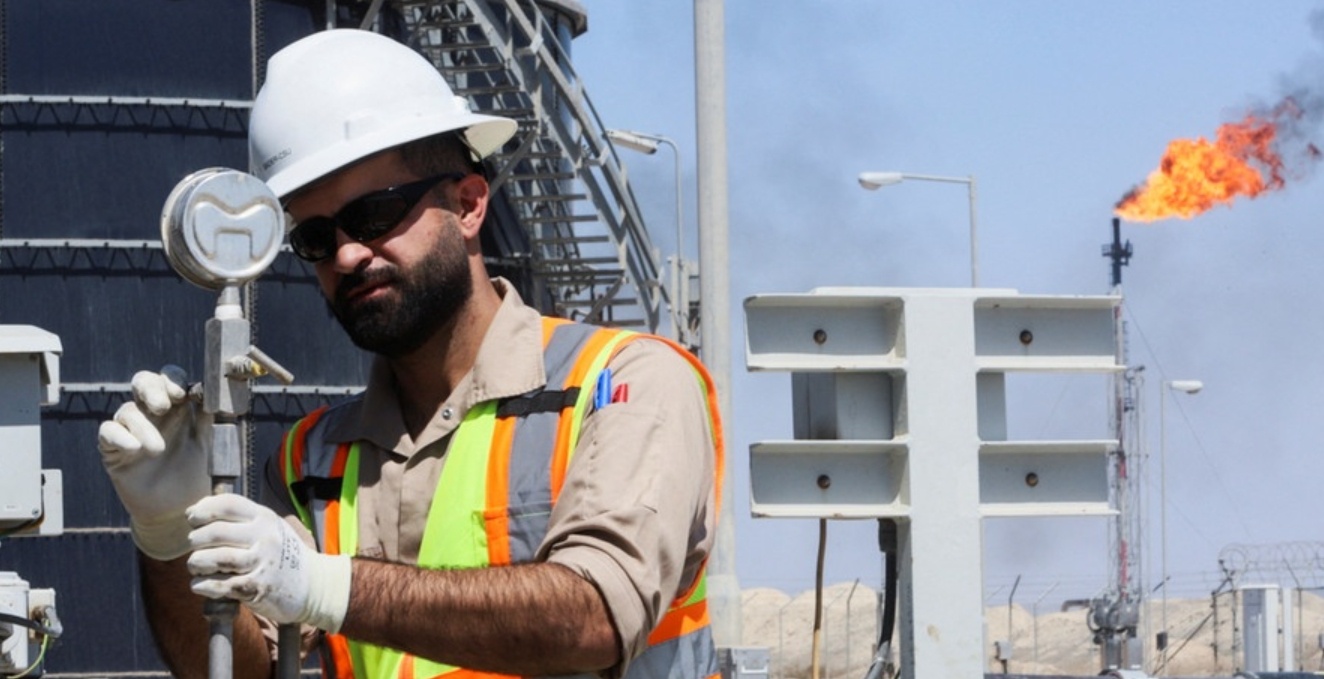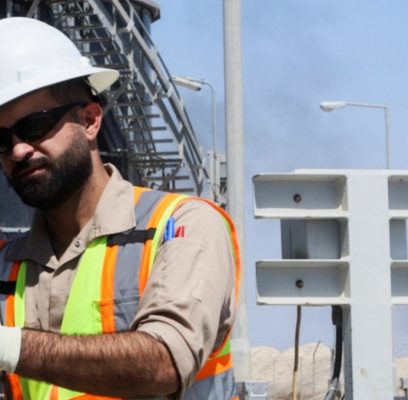The oil-exporting countries united in OPEC+ have agreed to increase production volumes. In July and August an additional 648,000 barrels per day are to be produced. For the time being, nothing will change in Russia’s role in OPEC+.
The oil-exporting countries that are part of the OPEC+ cartel are increasing their production volumes significantly more in the summer than in the past few months. At an online meeting, member states agreed to increase production quotas in July and August by 648,000 barrels per day. According to the information, the expansion of the subsidy, which was brought forward for September, was brought forward. For June, on the other hand, the already decided increase in oil production by 432,000 barrels per day will remain.
Response to price developments and global needs
OPEC+ justified its action with the end of lockdowns in important economic locations and the seasonally increased demand from refineries. The organization’s statement also shows that Russia continues to participate in the production agreements despite the announced EU partial embargo on Russian oil. As part of OPEC+, the Vienna-based Organization of the Petroleum Exporting Countries (OPEC) is cooperating with other important producing countries such as Russia. The increase in production is taking place against the background of rising crude oil prices, which have catapulted gasoline costs to record highs in the USA and other countries. There are fears that increased energy prices could slow down the global economy after the pandemic. The US government reacted positively to the announcement of higher production volumes. The US welcomed the “major decision” to increase supply due to new market conditions in July and August, White House spokeswoman Karine Jean-Pierre said. “We recognize Saudi Arabia’s role as the chair of OPEC+ and its largest producer in achieving this consensus among group members.” The US wanted to continue using all available means to counter the pressure on energy prices.
Discussion on future role of Russia
Before the association’s monthly meeting, two press reports had sparked speculation. The Wall Street Journal reported on a debate about temporarily exempting Russia from OPEC+ production targets because of Western sanctions. The “Financial Times” reported that Saudi Arabia had signaled to Western countries that it would expand its production if Russian production dropped significantly. At the beginning of the corona pandemic, OPEC+, which is dominated by Saudi Arabia and Russia, decided on severe production cuts after pandemic measures had led to a collapse in energy demand and oil prices. In recent months, these cuts have been gradually reversed.

